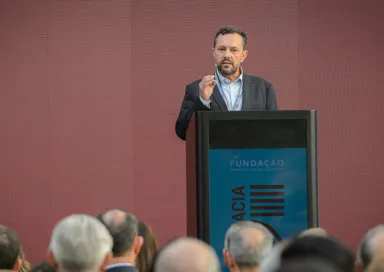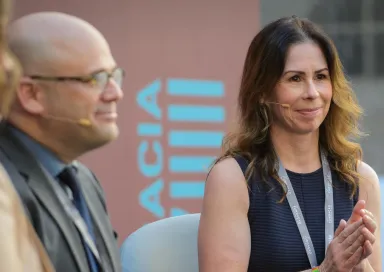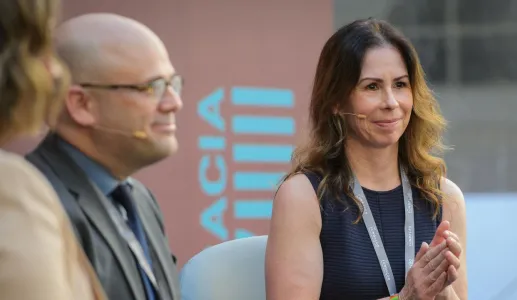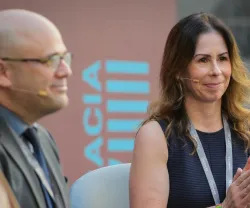They didn’t have equal voting rights. They couldn't leave the country without their husband's permission. They couldn't be magistrates or diplomats. Nor could they be nurses if they were married. The dictatorship was restrictive for everyone, but it curbed women’s freedoms in particular, it was a regime that reduced them to the status of mothers and housewives.
25 April 1974 brought promises of gender equality. Women became free to make their own choices and challenged the rules. They became governors and judges, they started driving trucks and working on construction sites. They became the majority at university and had sexual and reproductive rights that gave them the power to decide their own lives.
But parity is still a distant reality. Women continue to earn less than men for the same work, they are less represented in Parliament, in the administration of large companies and in professions linked to science and technology. They work longer hours, especially in domestic tasks and caring for the family.
Through the testimony of women (as well as some men) who have fought to promote gender equality, this documentary follows the greatest achievements made by women over the last five decades, while also outlining the challenges and the greatest urgencies for achieving the desired equality.
From parental leave to the pay gap, from gender quotas to domestic violence, leading figures in the achievements towards greater gender balance address the most important women's empowerment issues. Featuring artists, activists, businesswomen and government officials.
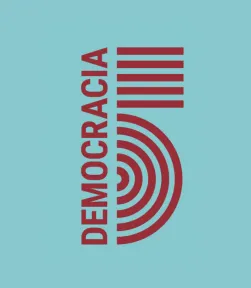
Portugal has changed drastically over the last 50 years. Almost five decades on, what profound changes have taken place in the country? And what lessons should we learn to improve the future?
The Foundation has an extensive program to reflect on what has changed and what measures still need to be implemented to improve national democracy.
The programme begins at the Carmo Barracks where the regime fell – with the event "Five decades of democracy, what has changed?" – and extends to more debates, a series of eight mini-documentaries, documentaries, publications and studies, which will allow us to think about and build the collective future.
















